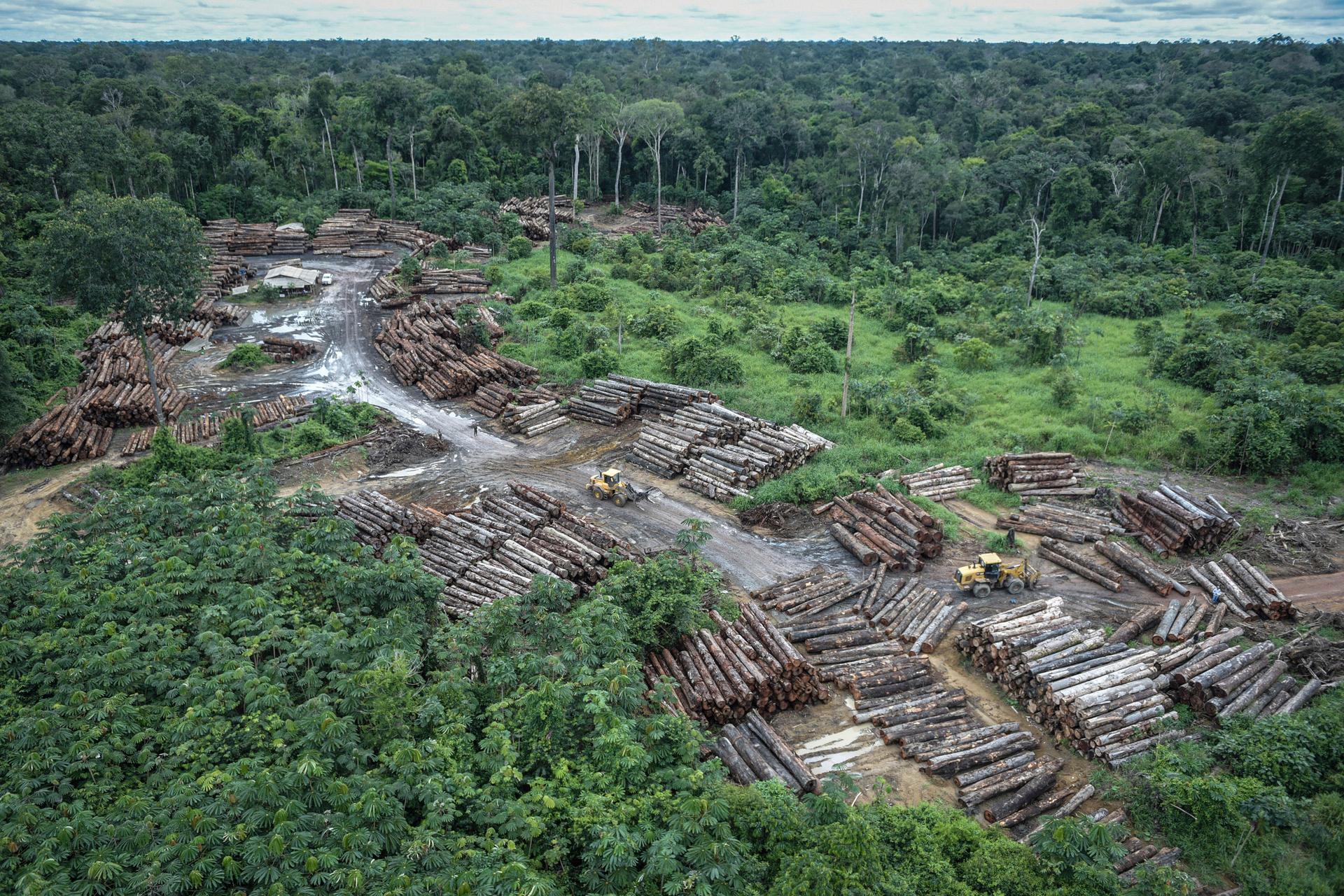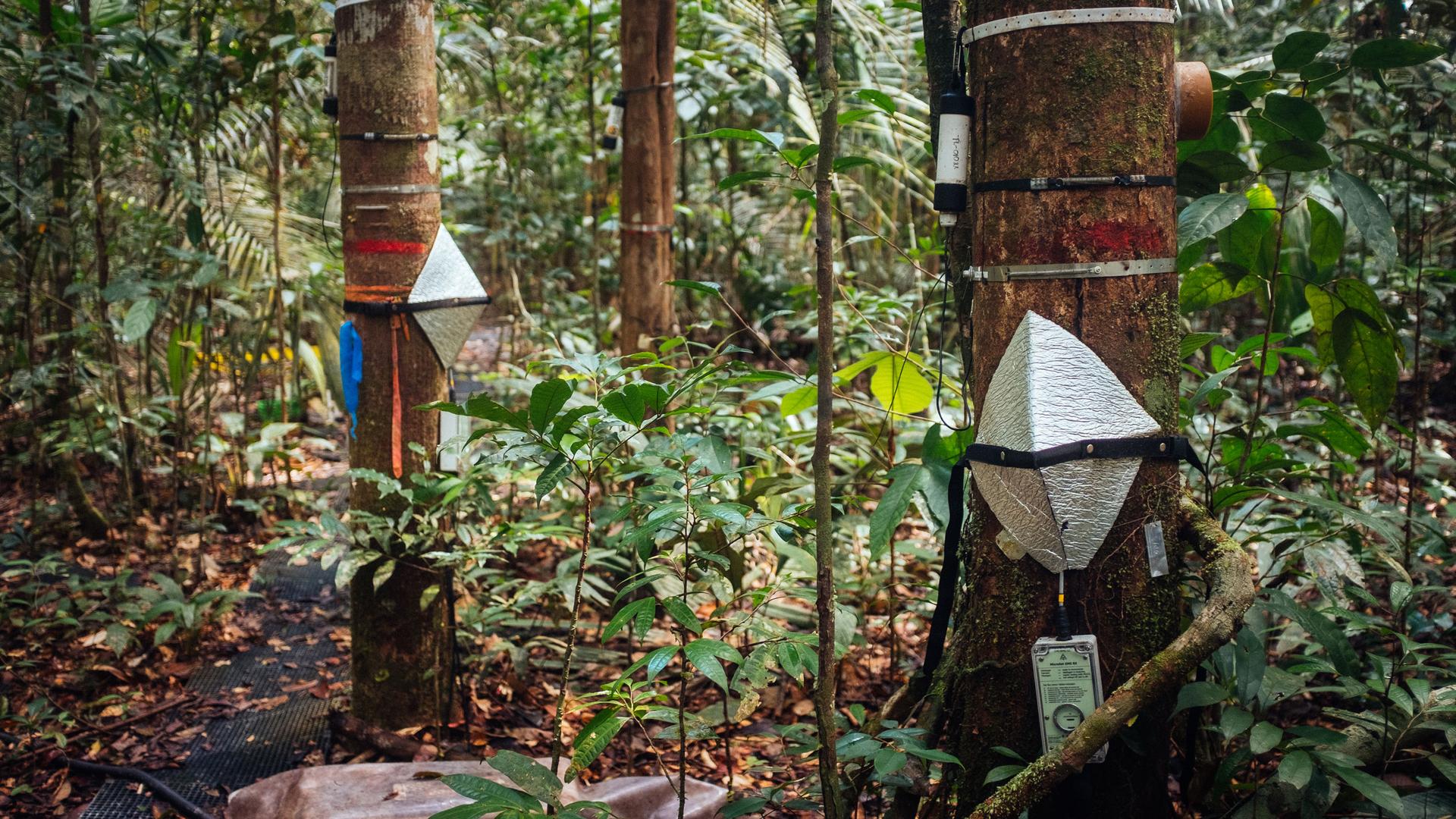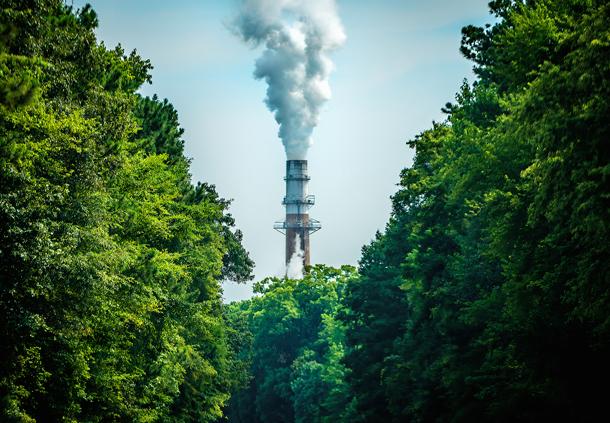Greenhouse gases
We want to hear your feedback so we can keep improving our website, theworld.org. Please fill out this quick survey and let us know your thoughts (your answers will be anonymous). Thanks for your time!
How a new prime minister will reshape Canada’s environmental policies
The presidential race is heating up across America, but north of the border a new face from a fabled political dynasty just romped into power with a landslide win that signals considerable change. Gone is the oil-friendly Stephen Harper and taking over as prime minister is Justin Trudeau, son of popular leader Pierre Trudeau, of the left-leaning Liberal Party. What does this mean for controversial energy projects in Canada and the US?
Exxon helped pioneer climate science — then disavowed its own research. Was it a crime?
In the late 1970s and early 1980s, Exxon was at the cutting edge of climate change research. Its scientists and its senior management understood that burning fossil fuels would warm the planet in destructive ways. But in the 1990s, Exxon began funding climate-denying organizations and speaking out publicly against climate science.
Is an artificial tree part of the solution to climate change? These guys think so.
Trees are nature’s tool for pulling carbon dioxide out of the air, but there aren’t enough trees in the world to suck up all the CO2 humans are putting there. That’s why researchers are pushing to create artificial leaves to help fight climate change. The World’s Ari Daniel visits with two teams of researchers pursuing different approaches to the formidable challenge.
Earth’s biggest natural fridge is turning into a greenhouse gas machine
The Arctic permafrost is like the world’s refrigerator, holding onto and preserving organic material. But when it thaws, as it’s increasingly doing now, microbes in the soil kick into action and produce enormous amounts of greenhouse gases.
The ‘Texas miracle’ is fueling huge economic growth — and the climate change that may end it
Texas is the biggest climate polluter in the U.S. It’s also is also extremely vulnerable to some of the impacts of climate change. But the state’s most prominent politicians say they don’t believe that climate change is real. It all adds up to a big problem for Texas and the rest of us.
Subscribe to The World’s Latest Edition podcast for free using your favorite podcast player:


